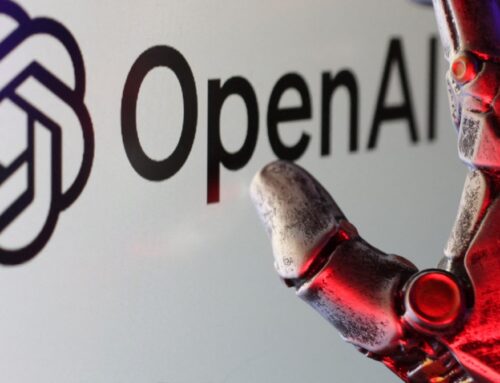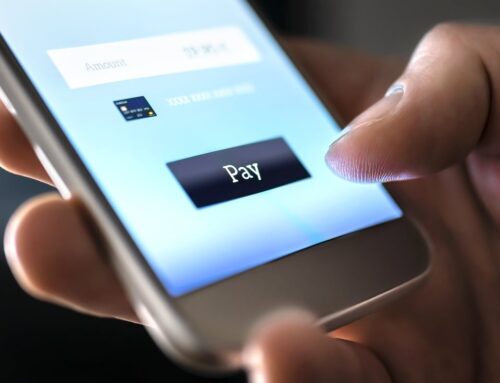Tariffs will bring higher gadget prices and ‘dark days ahead’ for tech, analysts say
April 4, 2025
In This Story
Trump’s widespread tariffs will “cause an economic Armageddon” that could “take the U.S. tech industry back a decade” while “China steamrolls ahead,” according to Wedbush analyst Dan Ives.
“We assume tariff negotiations start now otherwise dark days are ahead for tech… and U.S. consumers pay the price for this… not a debate,” Ives wrote in an analyst note on Friday.
The President’s trade policies, which include a 10% base tariff on almost all nations and even more on some major U.S. trade partners, will start going into effect after midnight.
In a Truth Social post from Friday morning, Trump doubled down on the tariffs, saying his trade policies “will never change.”
Trump slammed China with an average tariff rate of 54%, and Taiwan with 32%.
Retaliatory measures started trickling in on Friday. Beijing has imposed a 34% tariff on all American goods, restricted the exports of some rare-earth materials and barred a handful of U.S. companies from doing business in China.
Taiwan and particularly China are both crucial to the tech supply chain and the tariffs would turn the supply chain into a “Rubik’s Cube rivaling Covid days,” Wedbush analyst wrote, and will “essentially cause a shut-off valve from the U.S. tech landscape.”
Economists think this will raise the price of consumer electronics across the board.
Ives estimates the price of electronics will go up 40% to 50% for consumers, and iPhone models that cost roughly $1000 now can cost as much as $3500 when made in the U.S.
He also thinks that the tariffs would cause overall tech earnings to drop at least 15%.
The tariffs sparked a magnificent seven centered tech sell off on Thursday that has now extended into Friday. Leading the sell-off is Apple (AAPL-5.38%).
Eighty-five percent of Apple’s iPhones are assembled in China.
Making matters worse for the iPhone-maker are the 26% tariffs on Indian goods, 24% on Japan, 25% on South Korea, 46% on Vietnam and 24% on Malaysia.
All of these countries combined make up most if not all of Apple’s freshly diversified manufacturing.
Thirty-three percent of global iPhone sales go to the U.S., according to numbers from Jefferies (JEF-9.06%) analysts.
But Jefferies analysts note that Apple could bag an exception, similar to how the tech giant did in Trump’s first term.
In 2019, Apple was granted exemption from Trump’s 15% tariffs on Chinese goods. While there has been no sign of exemptions to the latest round of tariffs, Jefferies analysts think Apple’s $500 billion investment in the U.S. over the next four years, its “largest ever spend commitment” according to the company, might help its case.
Negotiations are on now as investors anxiously await retaliation. Vietnam on Friday asked the White House to delay its tariffs for three-months and Trump shared on Truth Social that the two countries have begun negotiation talks.
Also weighing on tech stocks are fears of E.U. retaliation to Trump’s 20% tariffs on goods coming from the bloc. European leaders have hinted that retaliation could target Big Tech firms. Apple, Meta (META-5.01%), and Alphabet (GOOGL-1.99%) are already under scrutiny and at risk of fines in Europe over anti-trust concerns.
“In 25 years covering the markets and tech stocks we have been through many chaotic market and crisis moments,” Ives wrote on Friday. “But never have we (or others that have covered the markets for 50 years+) seen a self-inflicted debacle of epic proportions like the Trump tariff slate over the last 36 hours.”
Search
RECENT PRESS RELEASES
Related Post


